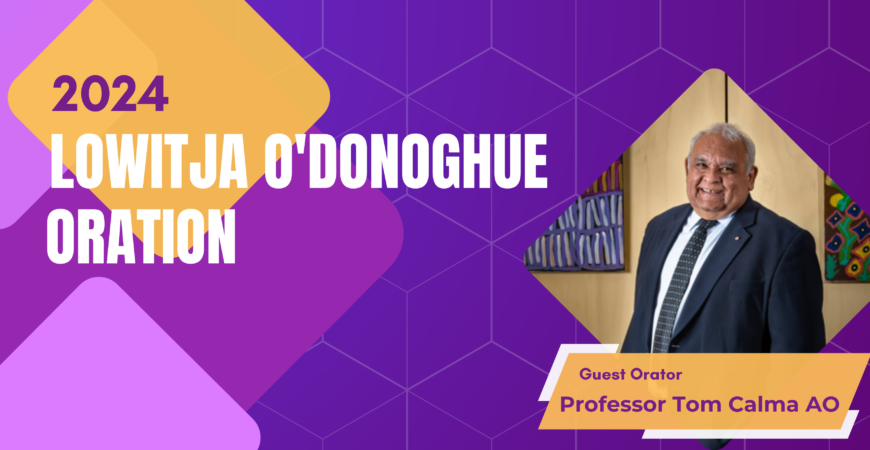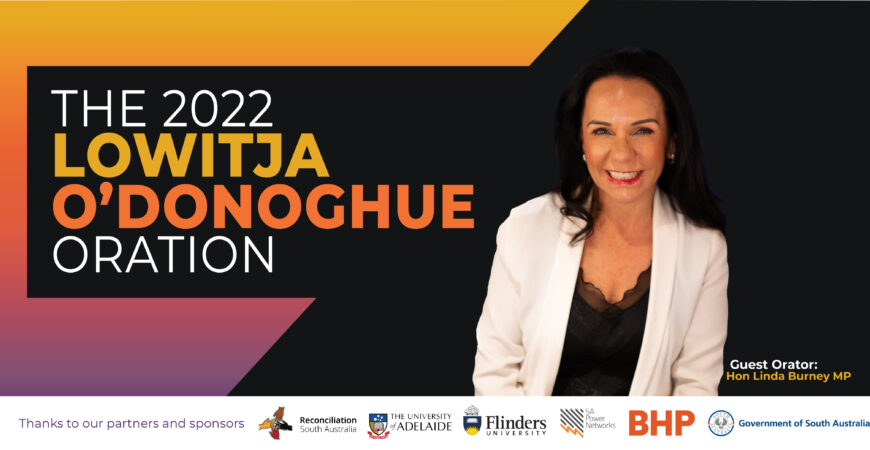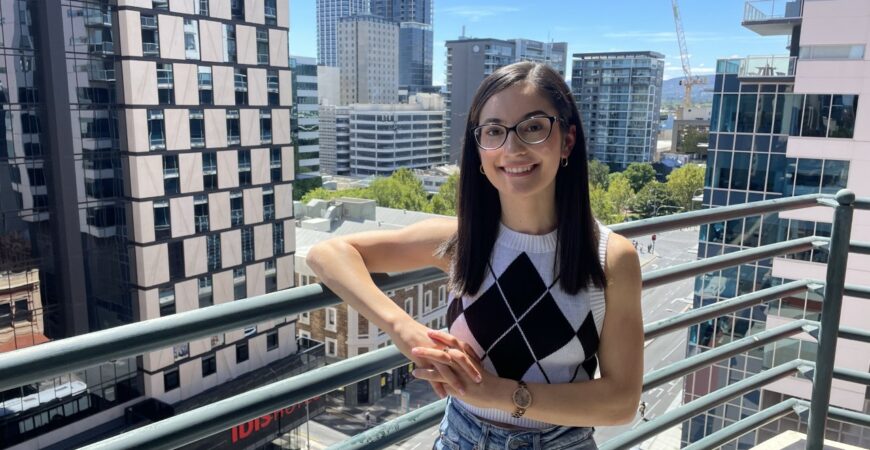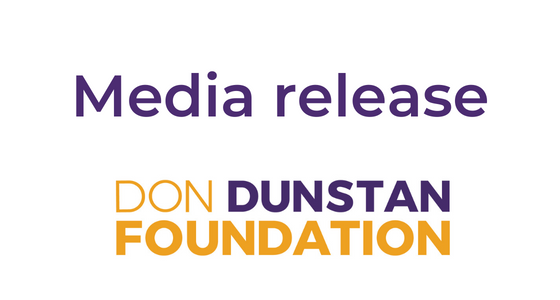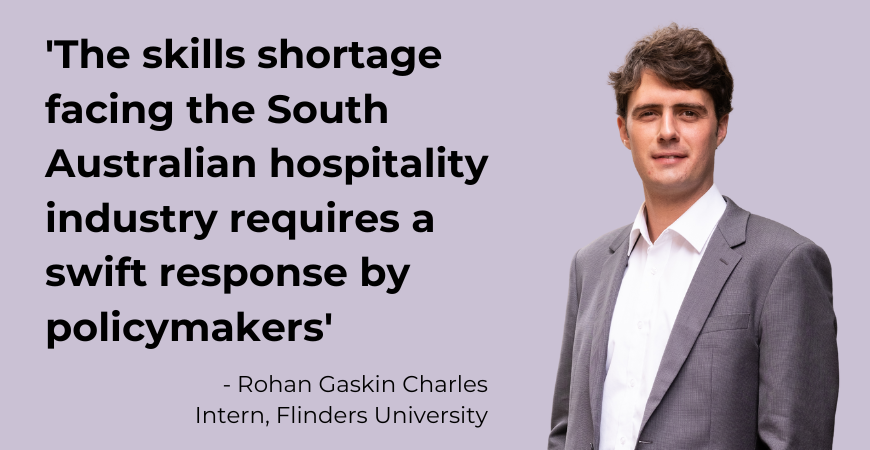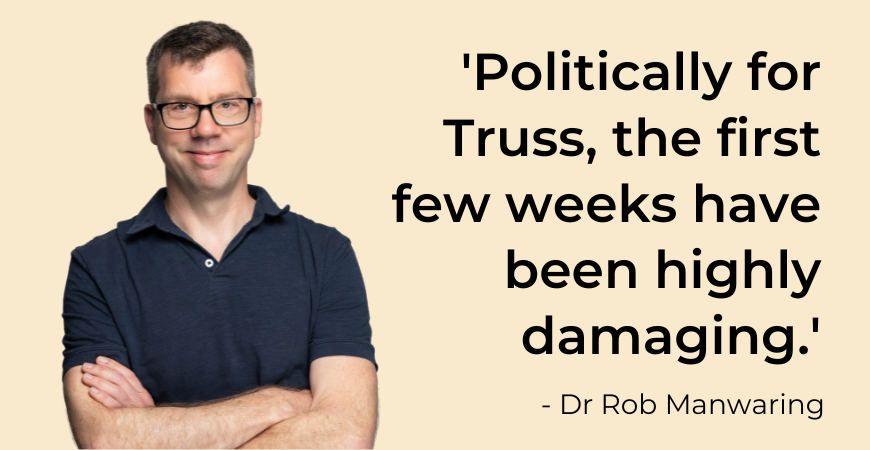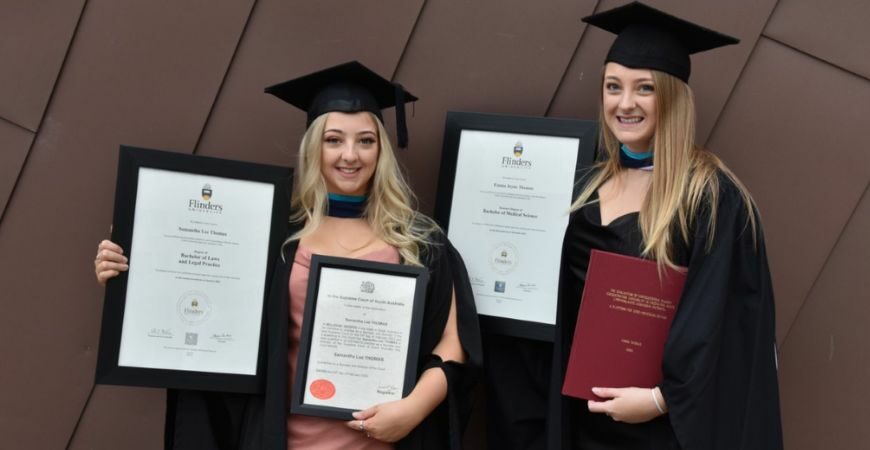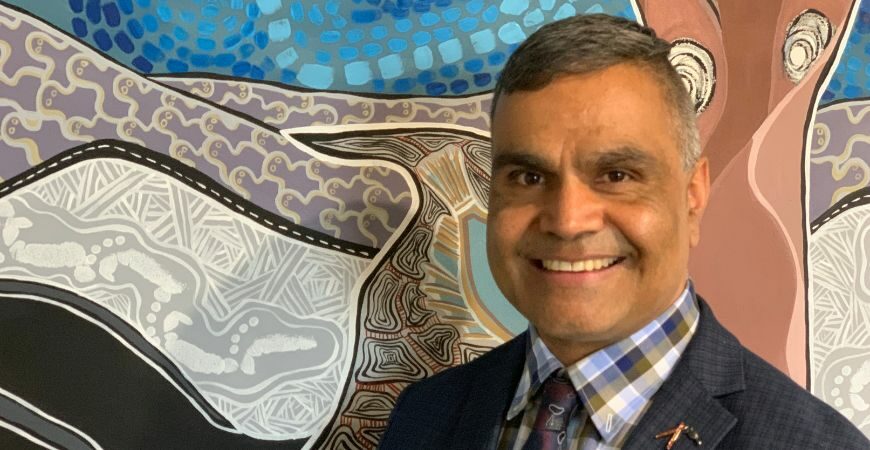2025 Lowitja O’Donoghue Oration
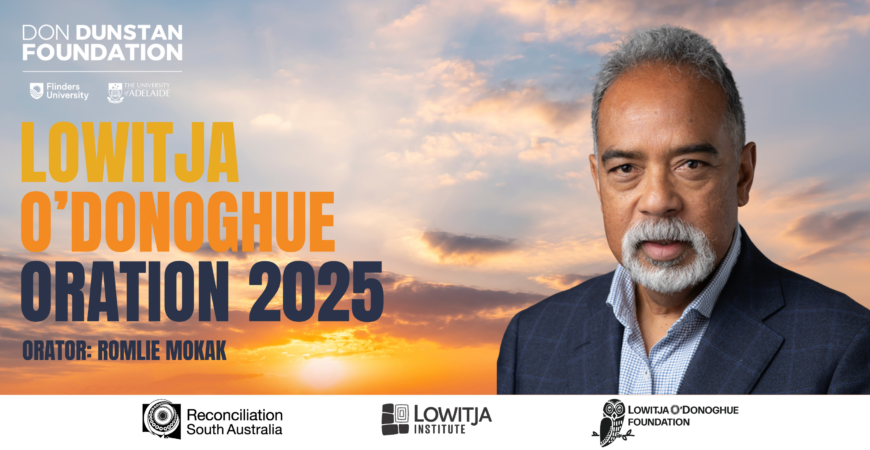
18th Annual Lowitja O’Donoghue Oration with Romlie Mokak
The Don Dunstan Foundation is honoured to present this significant Reconciliation Week event dedicated to the legacy of the late Dr. Lowitja O’Donoghue AC CBE DSG.
This oration serves as a platform to highlight critical issues facing Aboriginal and Torres Strait Islander communities, continuing Dr O’Donoghue’s lifetime of work pursuing social justice and equality. This year, Romlie Mokak will deliver the address, reflecting on pressing challenges and inspiring action for positive change.
Romlie Mokak is a Djugun man and a member of the Yawuru people. In early 2024, Rom completed his five-year term as the first Aboriginal Commissioner at the Productivity Commission. He led a body of work including reviews of the National Agreement on Closing the Gap and National Housing and Homelessness Agreement, inquiry into Aboriginal and Torres Strait Islander Visual Arts and Crafts and Indigenous Evaluation Strategy.
Prior to the Commission, Rom led key national Aboriginal and Torres Strait Islander organisations as CEO of Lowitja Institute and the Australian Indigenous Doctors’ Association. He previously worked for the Australian Government where he had policy and program responsibility in areas such as substance use, male health and eye health, within the Office for Aboriginal and Torres Strait Islander Health. At state level, he was the first Aboriginal policy officer appointed to the New South Wales Department of Ageing and Disability.
Rom was a past chair of the Indigenous Governance Awards, National Health Leadership Forum, the Canada–Australia Indigenous Health and Wellness Working Group and the Pacific Region Indigenous Doctors Congress CEOs’ Forum. He is patron of Winnunga Nimmityjah Aboriginal Health and Community Services and a member of the Australian Institute of Health and Welfare board.
Join us for an evening of insightful discourse and reflection as we honour Dr O’Donoghue’s legacy.
The Don Dunstan Foundation is honoured to present this significant event dedicated to the legacy of the late Dr. Lowitja O’Donoghue AC CBE DSG.
Dr. O’Donoghu, a distinguished Yankunytjatjara woman, dedicated her life to advocating for the welfare of Aboriginal and Torres Strait Islander Peoples, leaving an indelible mark on Australia’s social landscape.
This oration serves as a platform to highlight critical issues facing Aboriginal and Torres Strait Islander communities, continuing Dr. O’Donoghue’s tireless pursuit of social justice and equality. Each year, a prominent guest orator is invited to deliver a powerful address, reflecting on pressing challenges and inspiring action for positive change.
Join us for the 18th annual oration, an evening of insightful discourse and reflection as we honour Dr. O’Donoghue’s legacy and explore vital issues impacting Aboriginal and Torres Strait Islander peoples.



